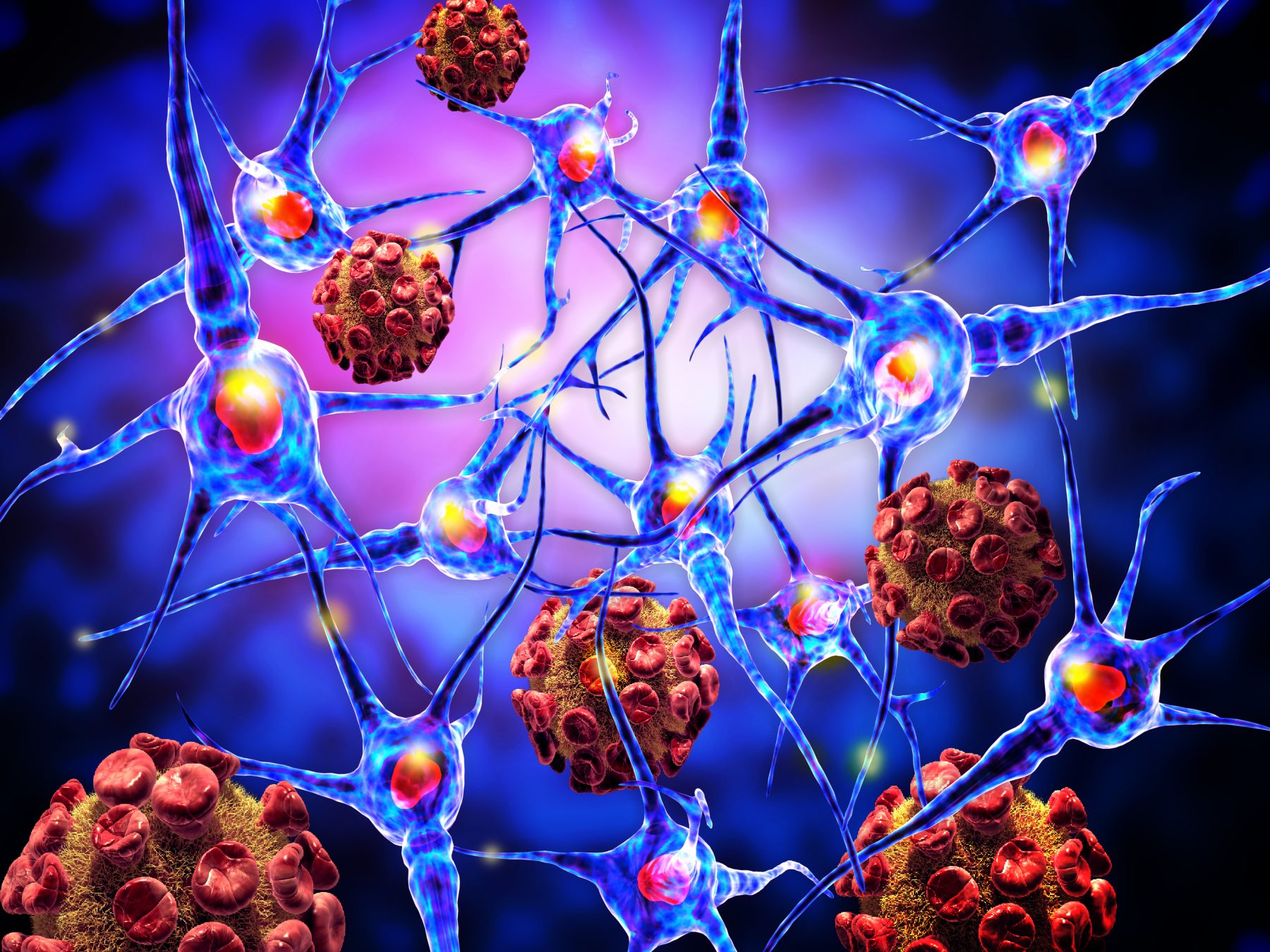
EP 34: What Are Autoimmune Diseases?
In the first episode on autoimmune diseases, Dr. Agolli and Dr. Burdette discuss:
- What are autoimmune disorders?
- What is rheumatoid arthritis?
- How your diet can impact autoimmune disorders.
- What is Multiple Sclerosis?
Autoimmune diseases are a group of disorders in which the immune system mistakenly attacks and damages the body’s own tissues. This can happen when the immune system fails to distinguish between foreign invaders and the body’s own cells. There are more than 80 different types of autoimmune diseases, and they can affect many different parts of the body.
Some of the most common autoimmune diseases include rheumatoid arthritis, lupus, multiple sclerosis, type 1 diabetes, inflammatory bowel disease (including Crohn’s disease and ulcerative colitis), psoriasis, and Hashimoto’s thyroiditis.
The exact cause of autoimmune diseases is not known, but it is thought to involve a combination of genetic and environmental factors. Certain genes may make a person more susceptible to developing an autoimmune disease, while environmental triggers such as infections, toxins, or stress may activate the disease in susceptible individuals.
The gut is often referred to as the origin of many autoimmune diseases due to its role in regulating the immune system. The gut microbiome, which is the community of microorganisms living in the human gut, plays a crucial role in maintaining gut health and regulating the immune system. Dysbiosis, or an imbalance in the gut microbiome, has been linked to a variety of autoimmune diseases.
One way that the gut can contribute to the development of autoimmune diseases is through increased intestinal permeability or “leaky gut.” This can happen when the tight junctions between cells in the wall of the digestive tract become compromised, allowing bacteria and other substances to pass through the intestinal wall and into the bloodstream. This can trigger an immune response and lead to chronic inflammation, which is a hallmark of many autoimmune diseases.
Another way that the gut can contribute to autoimmune diseases is through molecular mimicry. This occurs when proteins produced by bacteria in the gut resemble proteins found in the body’s own tissues. The immune system may mistakenly attack these tissues, leading to an autoimmune response.
